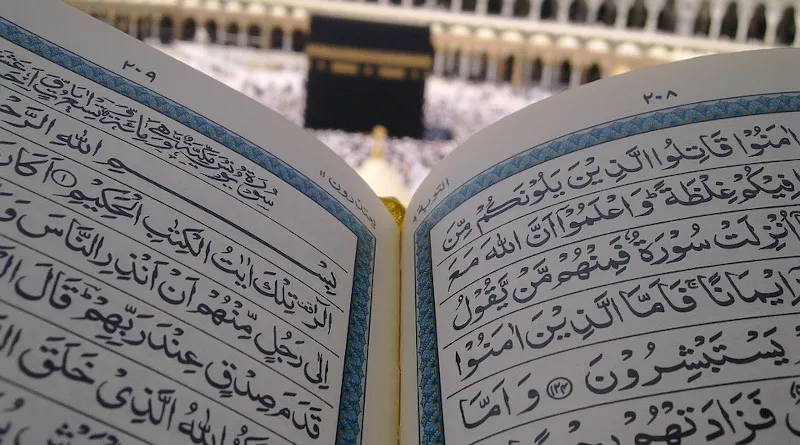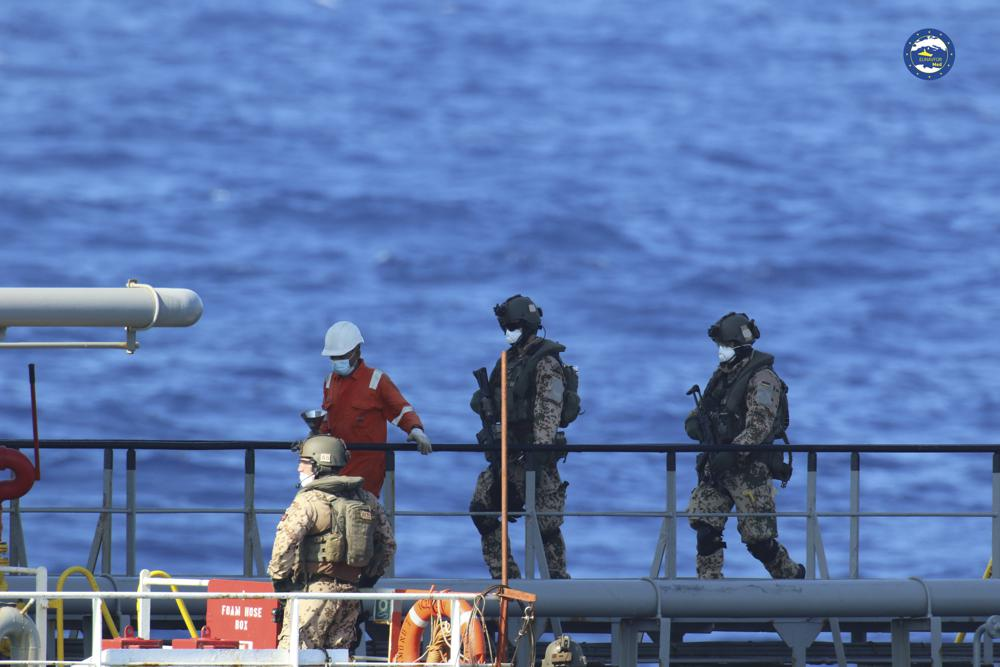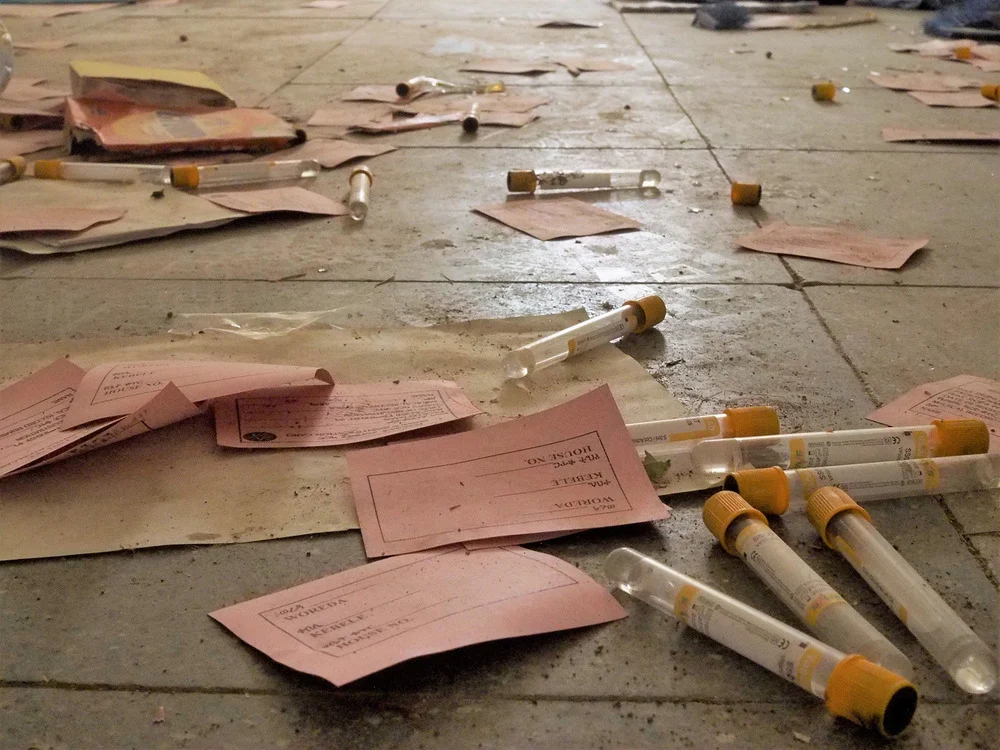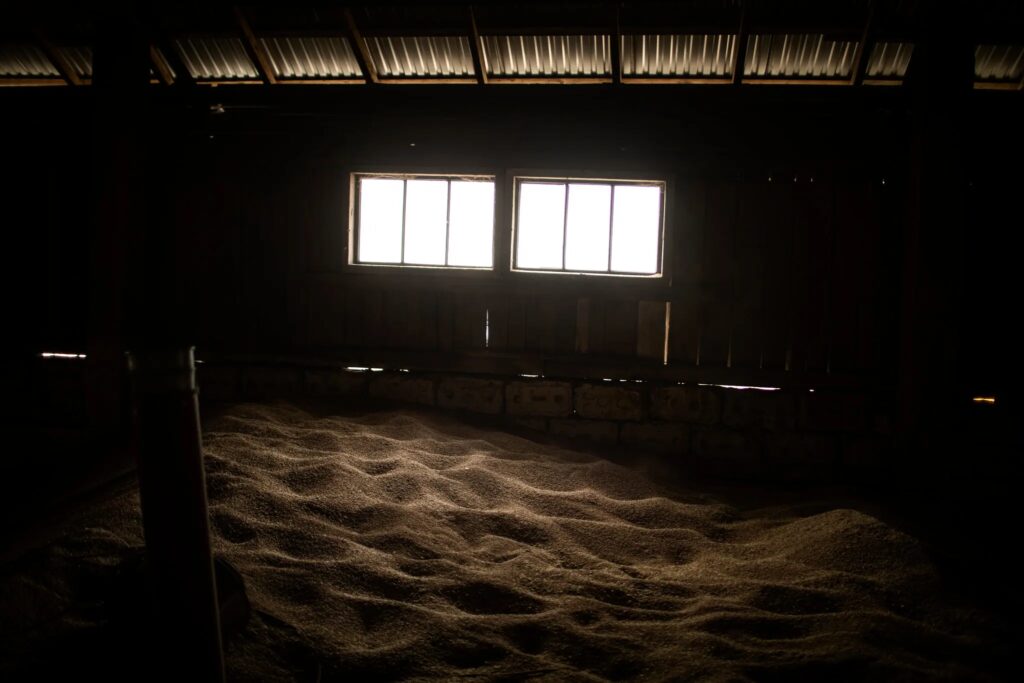Turkey’s Nordic demands spark Western Balkan déjà vu

Turkey’s move to pressure Sweden and Finland into extraditing alleged “terrorists” they harbour is a method Ankara used for several years against countries in the Western Balkans, including EU candidate countries, under the idle gaze of Brussels.
While Turkey wields investment and aid as a sword of Damocles over the heads of poorer, less powerful countries, when it comes to the Nordic duo, it is their NATO application filed in May that hangs in the balance.









